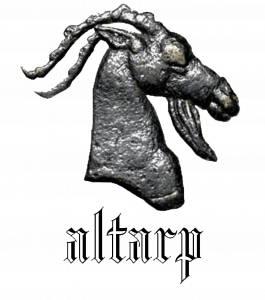The Argument to Remove Marijuana (Tetrahydrocannabinols) from DEA Schedule 1
If you are a young healthy person, you should not be using marijuana. It will make you more stupid than you already are if you become a heavy user. But should you be prosecuted if you make the choice to use it?
Its continued classification in Schedule 1 by the DEA is based on 21 U.S. Code § 812 – Schedules of controlled substances, and its administration is subject to the complexities and corruption of the regulatory state. The claim that the regulatory state is corrupt is separate argument.
The findings required for Schedule I are as follows:
(A) The drug or other substance has a high potential for abuse.
(B) The drug or other substance has no currently accepted medical use in treatment in the United States.
(C) There is a lack of accepted safety for use of the drug or other substance under medical supervision.
Marijuana clearly does not meet ANY of the three criteria.
Rather than argue that marijuana does not meet these criteria and should be placed in another schedule overlooks the question of whether 21 U.S. Code § 812 should not simply be amended by Congress to allow the states to deal with marijuana as the various states very ably deal with the question of alcohol.
The primary duty of the Federal Government is to protect the citizens of the U.S. There are enumerated powers given by the people through operation of the Constitution to Congress. The Tenth Amendment places limits on the power of the Federal Government: “The powers not delegated to the United States by the Constitution, nor prohibited by it to the States, are reserved to the States respectively, or to the people.” Indeed we have strayed far from these simple principles. The alphabet soup of agencies and departments has become self-perpetuating: ATF, CDC, CIA, DEA, DHS, DOD, DOE, ED, EPA, FBI, FCC, FDA, IRS, NSA, SSA, TSA. We have sacrificed our liberty for the perceived security promised by governments.
Marijuana is a proxy for regaining our freedom, including the freedom to become intoxicated, just as single malt Scotch Whiskey is a proxy for freedom and intoxication. The era of prohibition from 1920 to 1933 ended when Utah was the last state to provide the 36th and final vote for ratification of the 21st Amendment. It put away the sad legacy of the 18th amendment to the Constitution, which saw crime, gang violence, imprisonment, illicit use, and government corruption soar.
This time all that is required to regain some small freedom is for Congress to act. The states are doing a good job taking the place of illicit drug dealers. The quality of the product has increased dramatically in states where marijuana is legal. Research is going on to determine what works and what people want. Old people have a safe way to get help sleeping and cancer patients have help with their pain – all without expensive and dangerous drugs from conventional organized medicine.
In states where marijuana is legal, either medicinally or free-choice, use among adolescents is declining. Teens and young adults are beginning to understand the risk to the developing brain and have freely chosen to abstain or at least limit their use.
The benefits are obvious:
- Personal freedom
- No prosecution
- Better product
- Money going to state instead of gangs.
- Licensed dealers do not sell to minors.
- Frees up law enforcement resources.
- Dispensaries are safe.
- Disputes with dispensaries can be settled in court, not in the street.
- States can intervene if unsafe products need to be removed from commerce.
